- Home
Page 2
Page 2
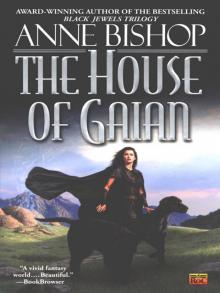 The House of Gaian
The House of Gaian Heir to the Shadows
Heir to the Shadows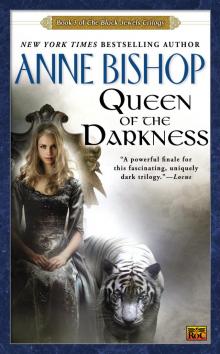 Queen of the Darkness
Queen of the Darkness Shaladors Lady
Shaladors Lady Written in Red
Written in Red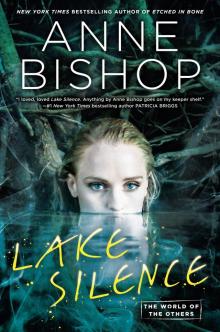 Lake Silence
Lake Silence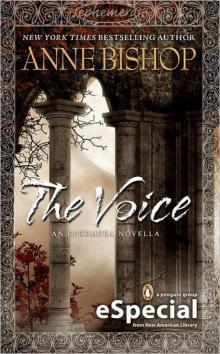 The Voice
The Voice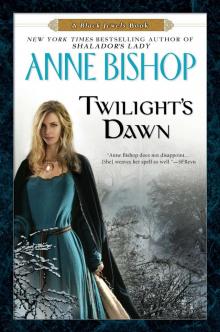 Twilights Dawn
Twilights Dawn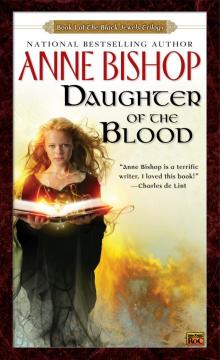 Daughter of the Blood
Daughter of the Blood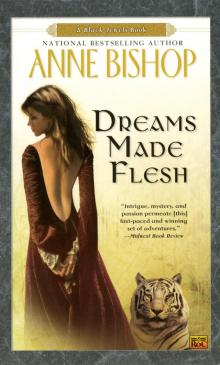 Dreams Made Flesh
Dreams Made Flesh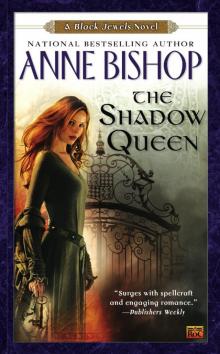 The Shadow Queen
The Shadow Queen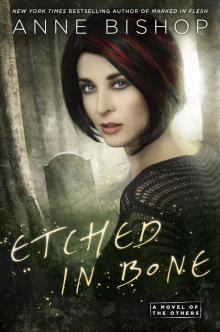 Etched in Bone
Etched in Bone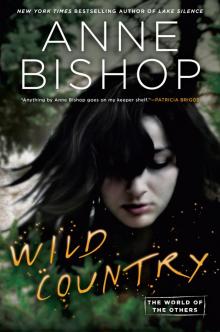 Wild Country
Wild Country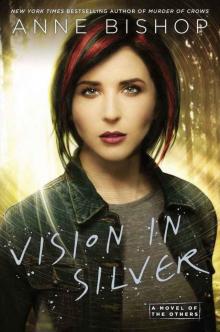 Vision in Silver
Vision in Silver Sebastian
Sebastian Shadows and Light
Shadows and Light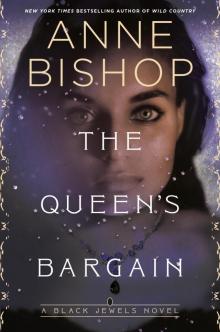 The Queen's Bargain
The Queen's Bargain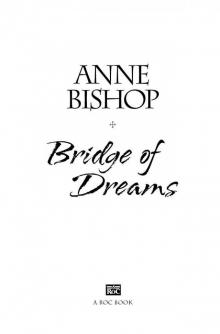 Bridge of Dreams
Bridge of Dreams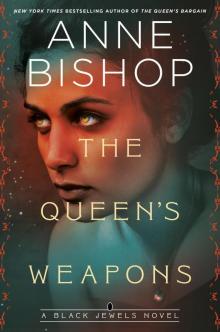 The Queen's Weapons
The Queen's Weapons Pillars of the World
Pillars of the World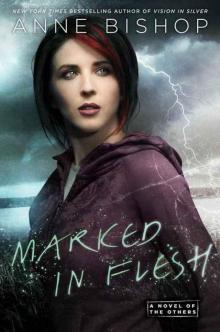 Marked in Flesh
Marked in Flesh Heir to the Shadows dj-2
Heir to the Shadows dj-2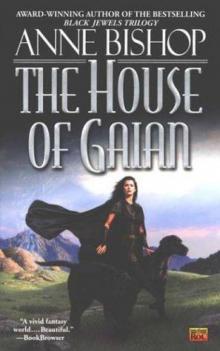 The House of Gaian ta-3
The House of Gaian ta-3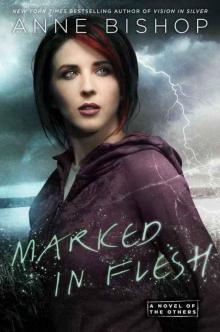 Marked In Flesh (The Others #4)
Marked In Flesh (The Others #4) Dreams Made Flesh bj-5
Dreams Made Flesh bj-5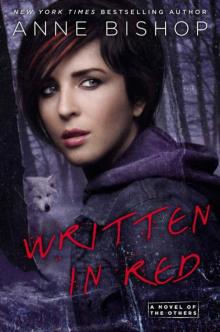 Written In Red: A Novel of the Others
Written In Red: A Novel of the Others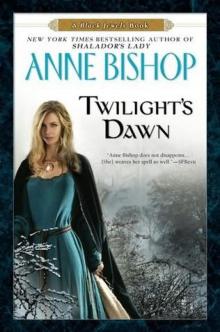 Twilight's Dawn dj-9
Twilight's Dawn dj-9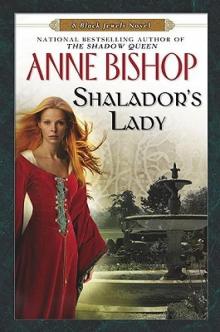 Shalador's Lady bj-8
Shalador's Lady bj-8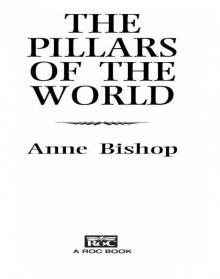 The Pillars of the World
The Pillars of the World Bridge of Dreams e-3
Bridge of Dreams e-3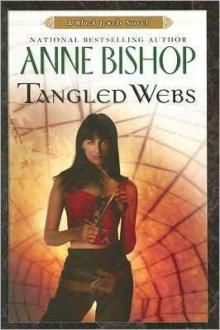 Tangled Webs bj-6
Tangled Webs bj-6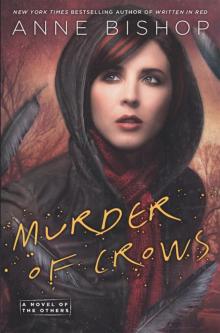 Murder of Crows: A Novel of the Others
Murder of Crows: A Novel of the Others Sebastian e-1
Sebastian e-1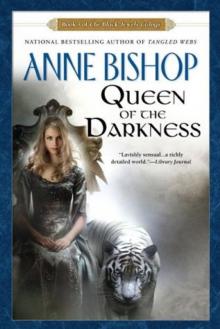 Queen of the Darkness bj-3
Queen of the Darkness bj-3 Belladonna e-2
Belladonna e-2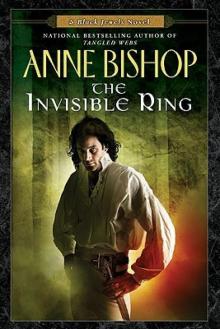 The Invisible Ring bj-4
The Invisible Ring bj-4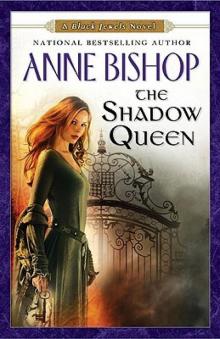 The Shadow Queen bj-7
The Shadow Queen bj-7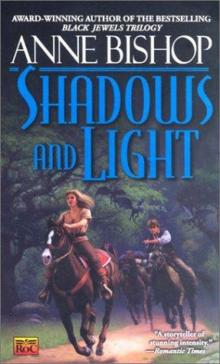 Shadows and Light ta-2
Shadows and Light ta-2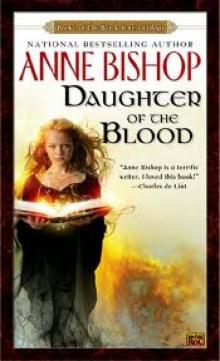 Daughter of the Blood bj-1
Daughter of the Blood bj-1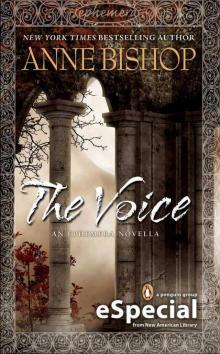 The Voice: An Ephemera Novella(An eSpecial from Roc)
The Voice: An Ephemera Novella(An eSpecial from Roc)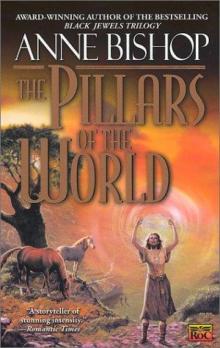 The Pillars of the World ta-1
The Pillars of the World ta-1